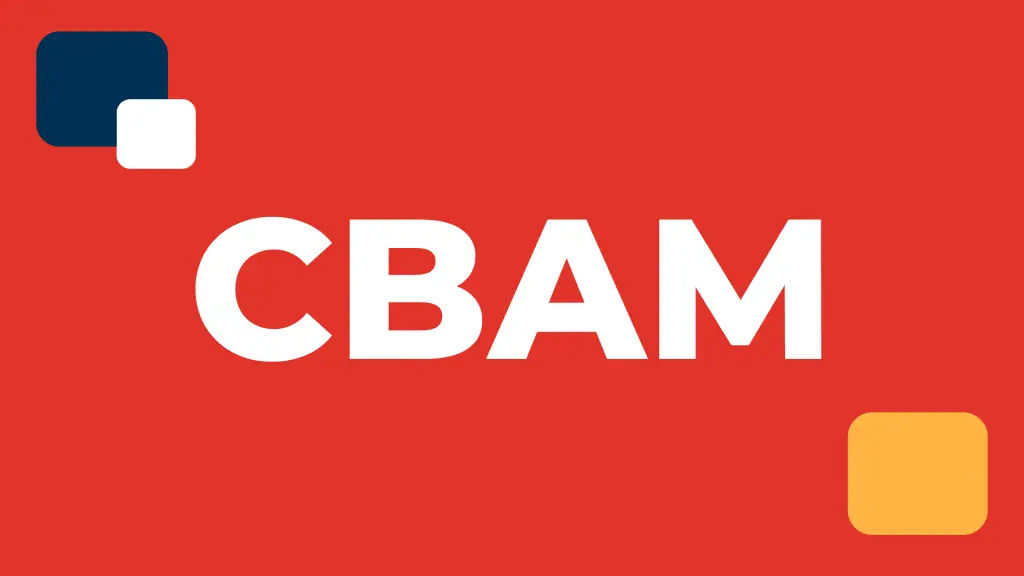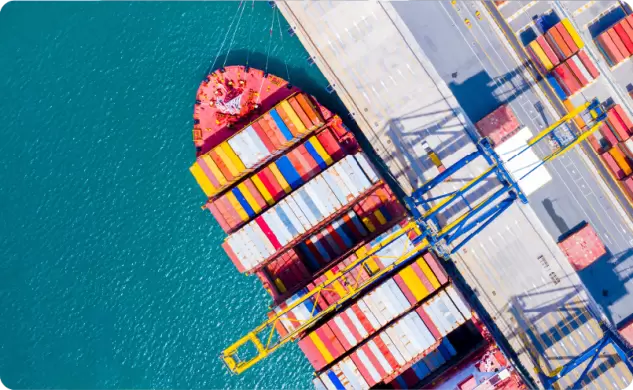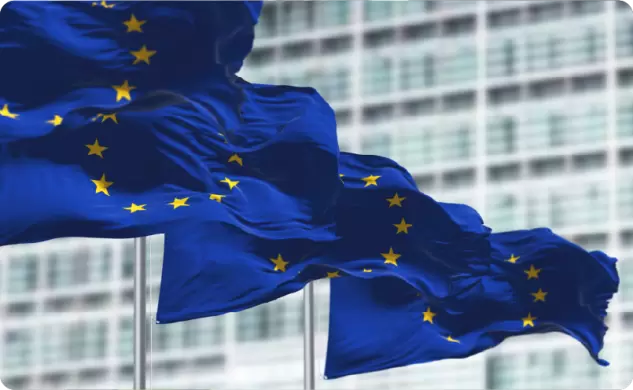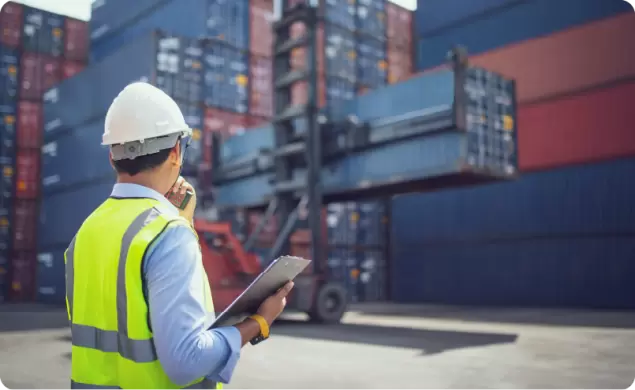Important customs update regarding CBAM.
- Wed, September 27, 2023
- 5 minute read

What is CBAM?
CBAM is the abbreviation for Carbon Border Adjustment Mechanism. It is a legal mechanism for carbon adjustment at the border. It is a system that aims to achieve a CO2 correction by introducing an additional tax on goods imported into the European Union. In this way, the system ultimately ensures fair competition between EU companies and companies from outside the EU in terms of CO2 emissions.
CBAM: Paying for CO2 emissions when importing goods.
Currently, EU producers already have to pay for the CO2 emissions of goods produced in the Union. The Carbon Border Adjustment Mechanism (CBAM) will start on October 1, 2023, meaning that reporting obligations will come into effect from that moment. Based on this report, the levies that must be paid for goods produced outside the EU but imported into the EU will also be calculated in the near future.
Customs will inform the CBAM declarant during the transition phase from October 1, 2023 to December 31, 2025 about the reporting obligation for the import of CBAM goods.
Does your company import CBAM goods? Then during the transition phase you are obliged, among other things, to report the following information to the European Commission:
- The amount of CBAM goods imported
- The associated ’embedded emissions’
- The carbon price that applies to these embedded emissions in the country of origin
After the transition phase, only authorised CBAM declarants can import goods that fall under these regulations. The inspection of customs declarations will continue to be carried out by Customs as usual.
Would you like to know whether your company imports CBAM goods?
CBAM applies to goods that fall into the categories: iron and steel, cement, fertilizers, aluminium, electricity, and hydrogen. Whether a product falls under CBAM depends on the CN code of the product. The relevant CN codes are listed in Annex I of Regulation (EU) 2023/956. More information about this can be found here.
Do you need further CBAM advice or support?
Gaston Schul can provide comprehensive support for CBAM compliance to businesses globally, including third country located customers. With Gaston Schul navigating the CBAM updates and reporting requirements, your compliance with authorities in this matter becomes streamlined and hassle-free, no matter where your business is located. Speak to our Customs & Trade Advisors today to find out how we can support you.




